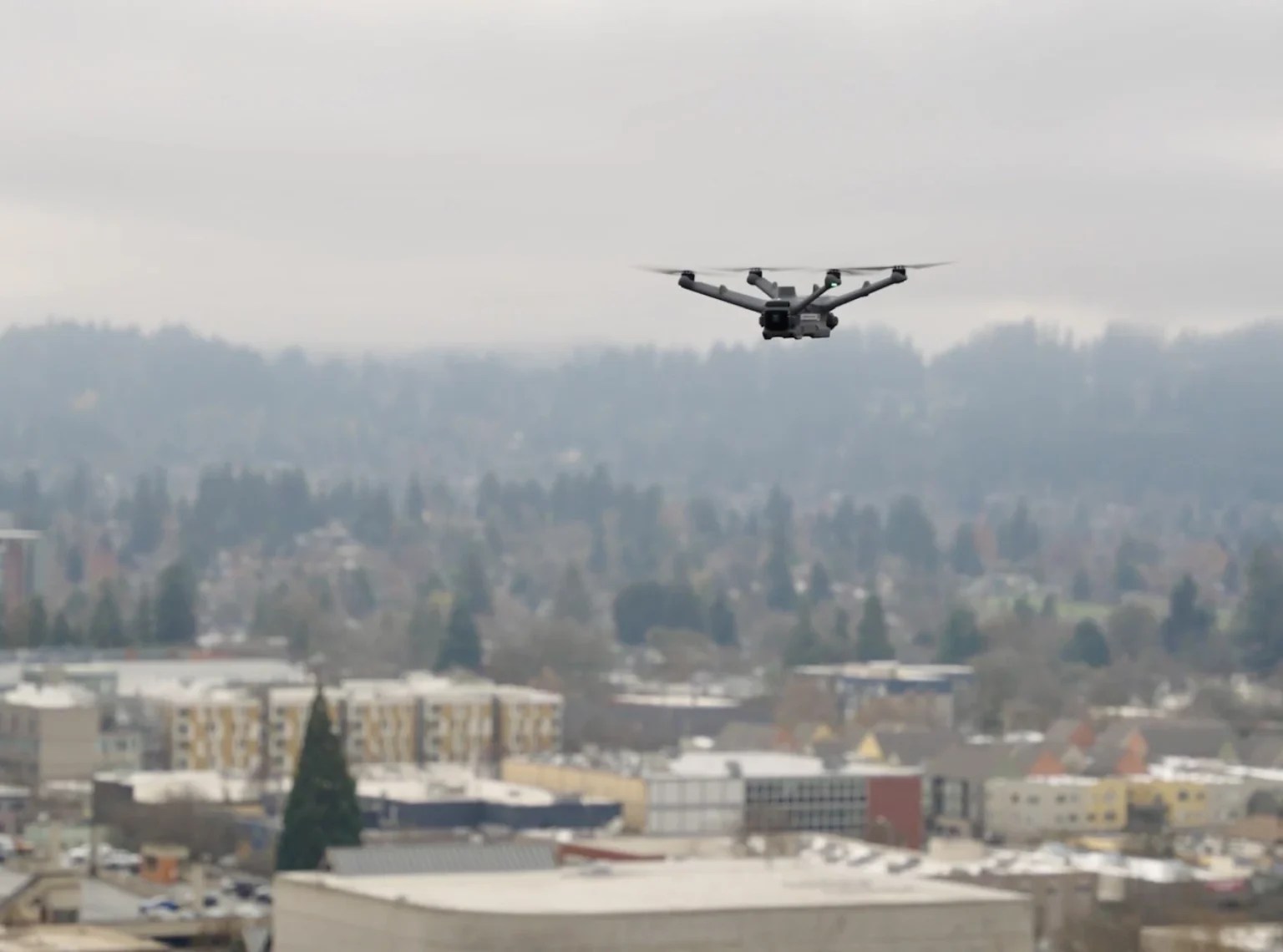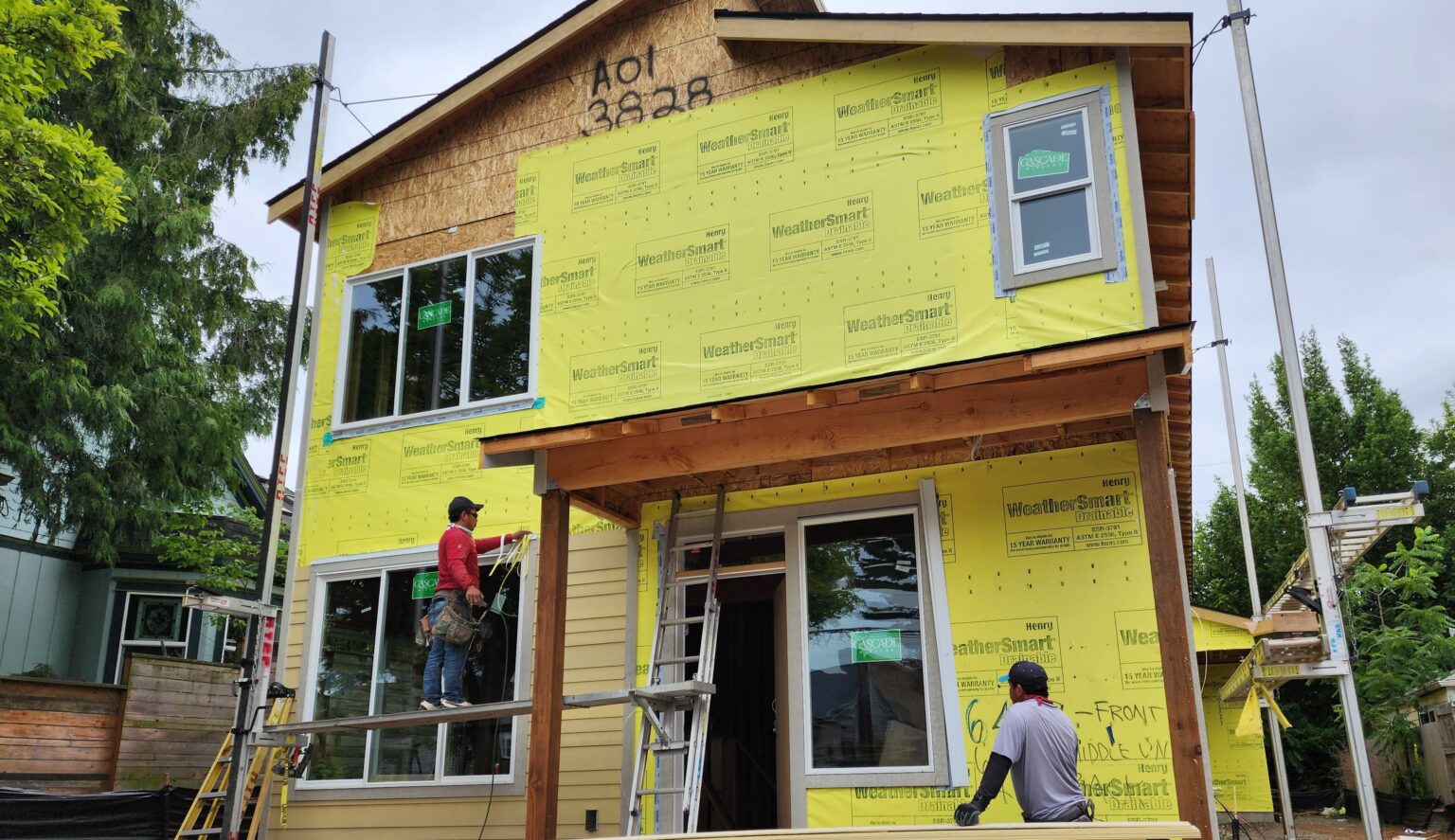Capital Chatter: ‘Status quo’ election could spell bad news for Republicans (copy)
Published 4:00 pm Thursday, April 25, 2024

- capital chatter logo
This is shaping up as a status-quo election year in Oregon. Here are five things to expect:
1. Except for two potentially close congressional races, the May 21 Oregon primary will largely determine who is elected to statewide office and the Legislature this year. Few such races will be competitive at the Nov. 5 general election.
“The Republicans are in a world of hurt for statewide offices. In the Legislature, it looks at best one party will pick up one or two seats, and I don’t think it’s going to be the Republicans,” said Oregon political scientist Jim Moore, a Pacific University professor and administrator.
Barring something very strange happening, whoever wins the Democratic primaries for secretary of state, state treasurer, attorney general and most congressional seats also will win in November. The exceptions are two of the congressional districts with first-term incumbents, Republican Lori Chavez-DeRemer in the 5th District and Democrat Andrea Salinas in the 6th District.
As for the Legislature, only three state Senate races and four state House races are competitive in the May primary, according to Moore, “which out of 75 is not very good.”
“So many of these, you look at the ones where there’s a primary challenger and one of them has raised exactly zero dollars.”
As competitive races, he cited:
• Senate District 2 Republican primary: Rep. Christine Goodwin, R-Canyon City, is running against Noah Robinson. He is the son of Sen. Art Robinson, R-Cave Junction, who is barred under Measure 113 from seeking reelection
• Senate District 28 Republican primary: Klamath County Commissioner Dave Henslee and Diane Linthicum are the leading candidates. She is chief of staff for her husband, Sen. Dennis Linthicum, R-Beatty. Also barred under Measure 113 from seeking reelection, he is running for secretary of state.
• Senate District 29 Republican primary: Jim Doherty, Dave Drotzmann, Andy Huwe and Todd Nash are vying to succeed retiring Sen. Bill Hansell, R-Athena.
• House District 33 Democratic primary: Candidates include Brian Duty and Pete Grabiel. Incumbent Rep. Maxine Dexter, D-Portland, is running for Congress.
• House District 37 Democratic primary: Brian Maguire is challenging West Linn Rep. Jules Walters.
• House District 48 Republican primary between John Masterman and Andrew Morrison. Rep. Hoa Nguyen, D-Portland, is the incumbent.
• House District 59 Republican primary: Joseph Goodwin is challenging Prineville Rep. Vikki Breese-Iverson.
2. A minority of voters will determine Oregon’s officeholders.
Oregon has 3,032,333 registered voters, of which 994,493 are Democrats and 722,216 are Republicans. The largest segment – 1,110,725 voters unaffiliated with a political party – cannot vote in the Republican or Democratic primary. Neither can the more than 200,000 Oregonians who are registered with other parties.
By the way, Tuesday is the deadline for Oregonians to register to vote or change their party affiliation.
3. Oregon’s presidential primary is irrelevant. We’re such a blue state Donald Trump’s campaign didn’t bother to submit a candidate statement for the state Voters’ Pamphlet, which is mailed to all Oregon households. Trump is the only Republican presidential candidate on the ballot.
In presidential battleground states, such issues as abortion and immigration bring voters to the polls. “In Oregon, neither of those is going to be central to anybody’s election,” Moore said. “Members of Congress will take stances on those, but it’s not clear that’s going to be their central campaign platform.”
However, 15 Republican legislators and candidates from Oregon are heading to Arizona to tour the southern border with the Border Security Alliance on Monday and talk with Arizona officials. Organizers said no state resources were being used for the campaign trip.
4. The real action next month is at the local level as voters choose county commissioners, mayors, city council members and judges. Local races and issues may be what propel voter turnout.
Marion County has an unusual four-way race for judge. Multnomah County has a heated race for district attorney. And this is the first election in which Deschutes County commissioner candidates run on a nonpartisan basis.
Dozens of tax requests are on the ballot, for everything from schools, roads and fire districts to the Oregon Zoo. In Eugene, voters will consider a candidate-ranking system known as STAR Voting. Elsewhere, there are proposals to revise the structure of local government, including one in Redmond.
5. Statewide, a status quo election year amounts to continued bad news for Republicans.
“The Democrats clearly benefit from the status quo. It’s up to the Republicans to change things. And they’ve been spectacularly unsuccessful at it for now more than 20 years.
“And looking at the status quo, people are frustrated with government, but they’re frustrated not necessarily with things that state government can do anything about, inflation being No. 1,” Moore said. “There’s nothing the state of Oregon can do about that kind of stuff. We are too small to have anything to do with inflation.”
Two years ago, homelessness and illicit drug activity, which some people linked to the drug decriminalization under Measure 110, fueled voter frustration. Even so, voters made only a few changes to the Legislature’s makeup.
With this year’s legislative session over, Moore said, “Everybody in the Legislature is going to go home and say, ‘Look, look! We tinkered with Measure 110.’”
Agree or disagree: Unless something else breaks, next week I plan to write more from my interview with Jim Moore.
I’m also interested in what you think about this year’s elections in Oregon. Do you agree with the analysis in today’s Capital Chatter? Will Democrats again dominate or do Republicans have a chance? Why or why not? Send your comments to TheHughesisms@gmail.com for possible inclusion. Please include your town and preferably your name.





